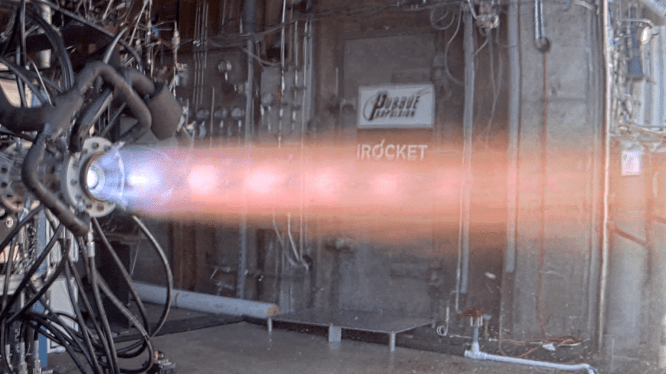An unproven small launch startup is partnering with a severely depleted SPAC trust to attempt the impossible: go public in a deal they claim will be valued at $400 million. Innovative Rocket Technologies Inc. (iRocket) and BPGC Acquisition Corp., a special purpose vehicle company founded by former Commerce Secretary Wilbur Ross, aim to close the transaction in the fourth quarter of this year.
Interestingly, the SPAC has been drained of most of its cash after raising $345 million in its IPO in March 2021. According to a September 2024 filing with the U.S. Securities and Exchange Commission, the SPAC returned much of its money to shareholders after failing to find an acquisition target by that date, leaving just $30.5 million in trust. Just 16 days later, another $28.8 million was redeemed, reducing the trust balance to a mere $1.6 million—only 0.5% of its original amount. The remaining shareholders, primarily the SPAC’s sponsors, agreed to extend the deadline to find an acquisition target to March 2026.
iRocket once generated buzz due to backing from venture capital firm Village Global, whose limited partners include billionaires like Bill Gates, Eric Schmidt, and Reid Hoffman. However, the company remains a surprising candidate for a take-public deal. According to PitchBook, iRocket has raised only a few million in venture funding—a modest sum in an industry known for being capital-intensive. Since its founding in 2018, the startup has yet to conduct a single test flight of its Shockwave launch vehicle. Meanwhile, competitors like Stoke Space and Firefly have surged ahead with better funding and more advanced hardware development.
The market has also shifted. As of 2023, iRocket claimed its Shockwave vehicle could carry payloads of 300 kg to 1,500 kg, but this segment is now crowded with established players like Firefly’s Alpha and Rocket Lab’s Electron, both of which have already flown customer payloads. For iRocket to stand out, it must deliver on its ambitious promises: full reusability, rapid refurbishment, and 24-hour responsiveness. Achieving these goals would make it highly competitive, but the challenges are steep.
The New York-based startup lists just four employees, excluding board members, on LinkedIn. Its contracts include an $18 million deal with the Air Force Research Lab and a $1.8 million contract with the Space Force. A PR firm representing iRocket and the SPAC declined to respond to questions.
The SPAC itself has a troubled history. Operating as Ross Acquisition Corp II, it attempted to take biopharma company Aprinoia Therapeutics public in January 2023 but terminated the deal eight months later. After failing to complete a transaction, the NYSE began delisting proceedings against the SPAC in March of last year. Renamed BPGC Acquisition Corp., it now has until March 2026 to finalize a deal.
Given the SPAC’s minimal cash reserves, iRocket’s existing shareholders shouldn’t expect much cash for their equity unless the two parties secure significant funding from private equity investors in a PIPE (private investment in public equity) round.

